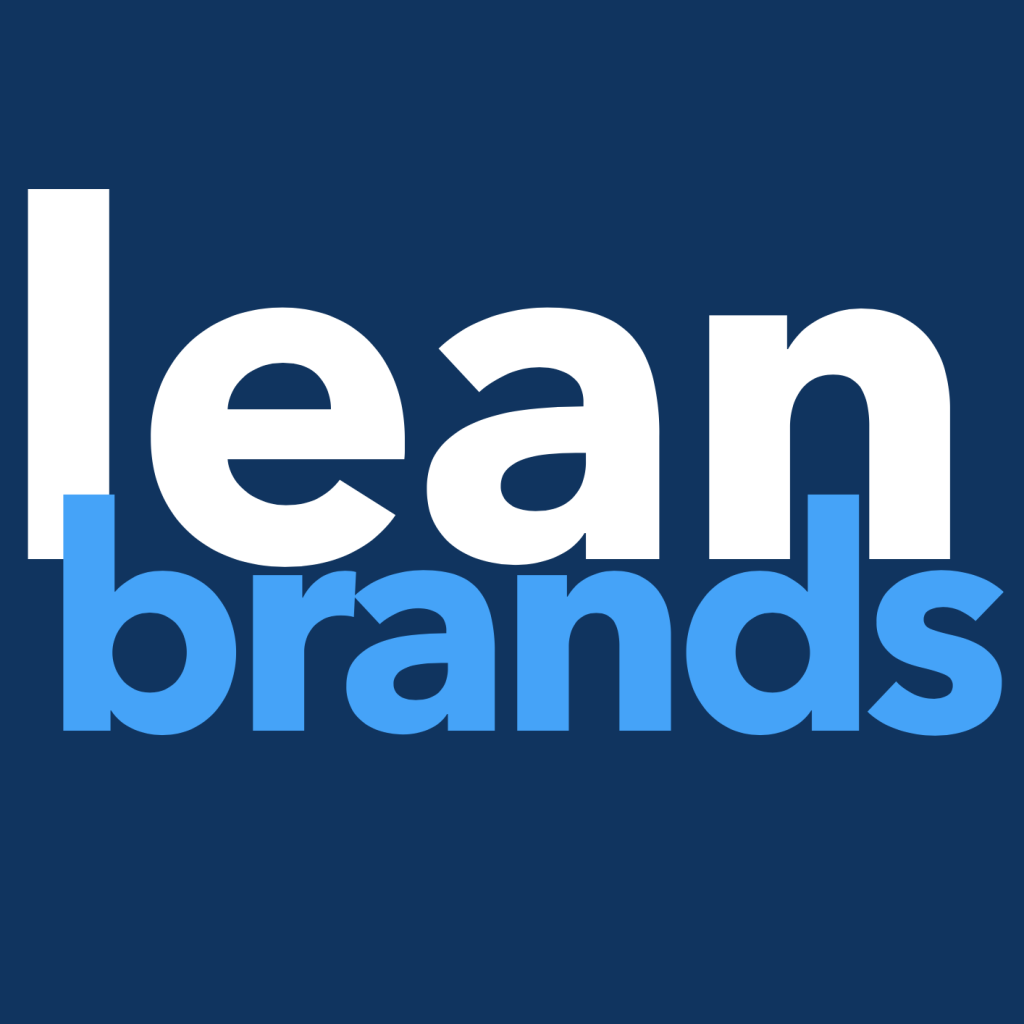
“Marketers in the past have based their strategies on the assumption of infinite resources and zero environmental impact. With the growing recognition of finite resources and high environmental costs, marketers need to reexamine their theory and practices.”
Philip Kotler
Professor of Marketing